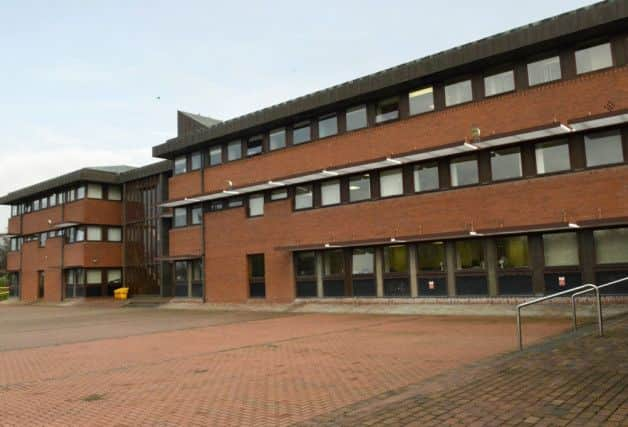Council votes for devolution, but assurances still needed


The county council’s cabinet met on Monday to discuss the devolution deal, before the North East Combined Authority Leadership Board meets on Thursday to decide jointly whether to submit a formal proposal to the Government to establish a Mayoral Combined Authority.
If ultimately agreed, the move will represent a major change to the way in which decisions will be made in the future about transport, investment, funding, skills training, business support, housing and strategic planning.


Advertisement
Hide AdAdvertisement
Hide AdIt will also result in a new elected mayor – to be elected for the first time in 2017 – who would be part of a cabinet along with the seven local-authority leaders.
But during a wide-ranging debate at the cabinet meeting, it was clear that a number of reservations remain among Northumberland’s councillors.
Coun Jeff Reid, Lib Dem group leader, said: “It goes on about the things we are going to be able to do, but it doesn’t say where we are going to get the money to do any of it.
“How are any of us going to stand on any of the 800,000 doorsteps in the region and convince people that an elected mayor is a great thing. What it boils down to is he’s in charge of the buses. How is it going to resonate with people his role on strategic planning?


Advertisement
Hide AdAdvertisement
Hide Ad“I’m just against all of this. This will not register with people at all.
“This is a complete and absolute waste of money; a combined authority is a good idea, an elected mayor is an absolutely terrible idea.”
Conservative group leader, Peter Jackson, pointed out that the mayor was just one aspect of a much wider agenda.
“It’s not about extra powers going from this council, it’s not about extra money going from this council, it’s about devolution – more power to the region from London and Whitehall.
Advertisement
Hide AdAdvertisement
Hide Ad“That’s why it’s so important and so important to get it right. A lot of it is about boosting economic growth.”
But others were wary about just what the agenda is, given its provenance.
Labour’s Coun Robert Arckless said: “Given recent events, beware George Osborne bearing gifts.
“I have massive concerns – not about devolution, I have always supported devolution – what worries most of us is the model which includes an elected mayor.”
Advertisement
Hide AdAdvertisement
Hide AdIndependent group leader, Coun Paul Kelly, agreed, saying: “I don’t have anything against mayors, I don’t have anything against regional government, however, the fact that this is a initiative by George Osborne, it brings out the cynic in me.
“I have very strong reservations about what appears to me to be a Trojan horse.”
The council’s deputy leader, Coun Dave Ledger, said: “It’s time we started working together as a region because the people of this region have been disenfranchised over the years. We won’t know what will work and what won’t work unless we try.”
What are the council’s conditions?
The Devolution Agreement, which the leader the council signed in October 2015, represents the reality of what the Government is going to deliver, with neither the substance nor content of the various pledges ‘watered down’ in the light of subsequent discussions between officials.
Advertisement
Hide AdAdvertisement
Hide AdThere is an undertaking that the forthcoming Fair Funding Review and subsequent approach to the proposed Business Rate Retention Scheme will properly address the current inequality within the local government funding model associated with rurality and sparsity in delivering council services.
Subject to the outcome of the next stage of the GRIP viability process due to conclude in the spring, the Combined Authority and the Government give a clear commitment that the necessary funds to re-establish passenger services on the Ashington, Blyth and Tyne Line will be forthcoming.
There is a commitment to build a ‘rural-proofing’ element into the prioritisation and allocation of the North East Investment Fund (which will also include subsequent allocations from the Local Growth Fund) to ensure that rural areas are not left behind and receive an equitable share of funding to promote sustainable economic growth.